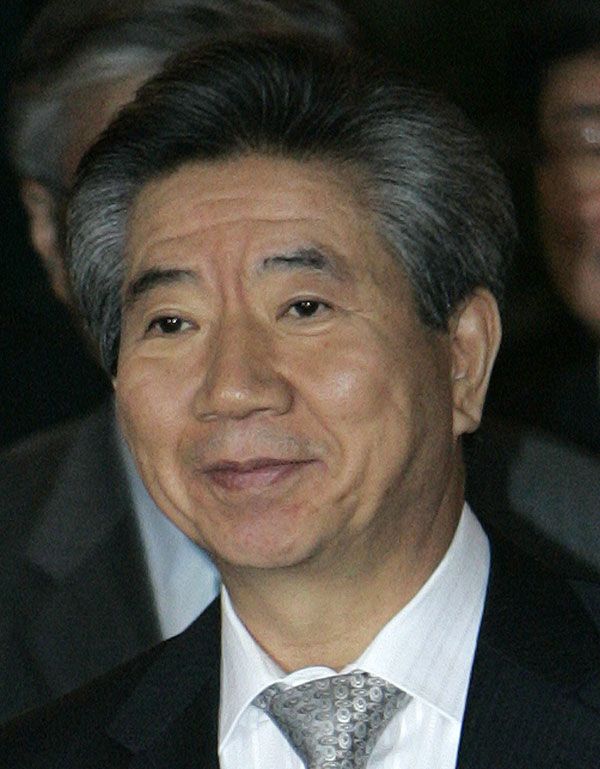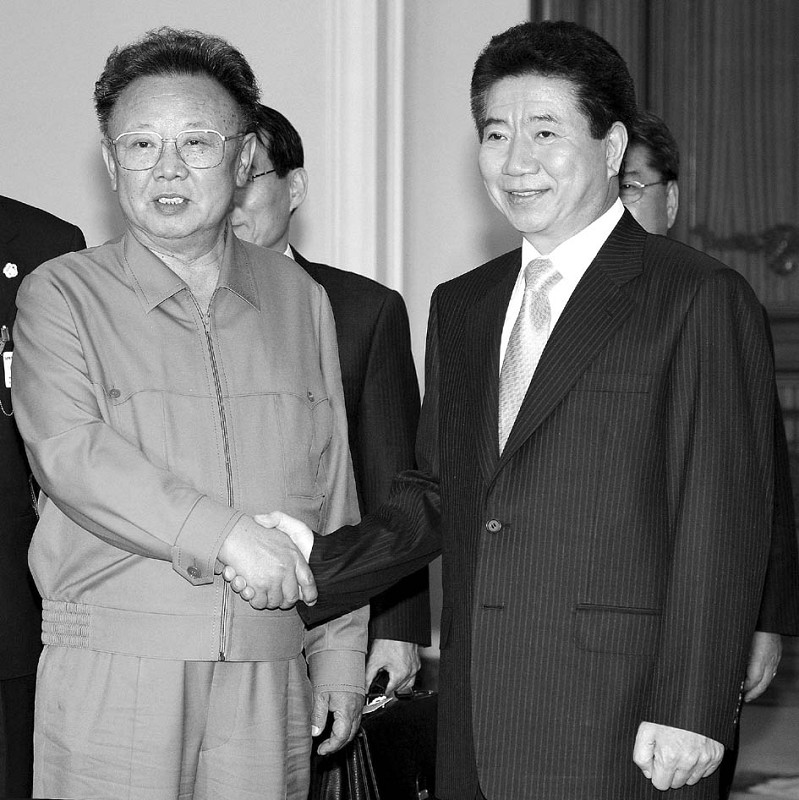Money can't buy happiness but it can certainly rent it for a couple of hours. Your position:Home->china news-> Roh Moo-hyun:shaped by contradictions between his philosophy and behavior. Mr. Roh, 62 years old, died Saturday after jumping from a cliff near his home in Gimhae, South Korea. Police and aides said he had become increasingly upset in recent weeks about a bribery investigation, and left a note describing his despair. Mr. Roh, a self-taught lawyer, was the country's fourth president after the adoption of a democratic constitution in 1987. He presided over a prosperous period of strong economic and business growth. He extended his predecessor's efforts to reach out to North Korea, climaxing with a summit with leader Kim Jong Il four months before Mr. Roh left office. Before becoming president, Mr. Roh twice served in the National Assembly and became a cabinet minister for his predecessor, Kim Dae-jung. His election was seen as the ascendancy of a new generation, and he filled his administration with former student activists from the 1980s. But Mr. Roh's legacy was shaped by contradictions between his philosophy and behavior. He built a reputation as a human-rights attorney defending student activists who fought for democracy in the 1980s. But as president, he said little about the absence of democracy in North Korea and that country's human-rights atrocities. In all but one year, he prevented South Korea from voting on North Korea-related human-rights measures at the United Nations. He called his administration the 'participatory government,' but rarely subjected himself to the scrutiny of press interviews or interacted with the public. He took numerous documents and electronic records after he left office, resulting in a fight with government archivists. Mr. Roh created new campaign finance rules that broke a tradition of bribery and political corruption, building a reputation for clean governance. But that achievement was challenged in recent months when prosecutors' investigation of a Busan businessman's political influence-peddling traced payments to relatives of Mr. Roh. The former president hadn't been charged with any crime at the time of his death. After word of his death came out, prosecutors said the investigation would conclude. 'According to Korean tradition, everything is forgiven in death,' said Kim Ki-jung, a political scientist at Yonsei University in Seoul. Mr. Roh wasn't known to be physically ill, but aides said he had become debilitated by despair in recent weeks. He wrote in a note that he believed he had caused too much pain to others, police said. He typed the 14-sentence note on his personal computer about an hour before leaping to his death, police said. He wrote the note in Korean and, as is typical in Korean expression, he used few subjects in his sentences. In full, the note said: 'I am indebted to so many people. Pain they had to suffer because of me was too much. Pain to be received is also incalculable. Rest of my life will be nothing but burden to others. Because of bad health, I can't do anything. I can't read books, I can't write either. 'Don't be too sad. Wouldn't life and death be a part of the nature? Don't be sorry. Don't resent anyone. It's destiny. 'Cremate. And leave a tiny tombstone near home. It's a long time thought.' Evan Ramstad 
|

